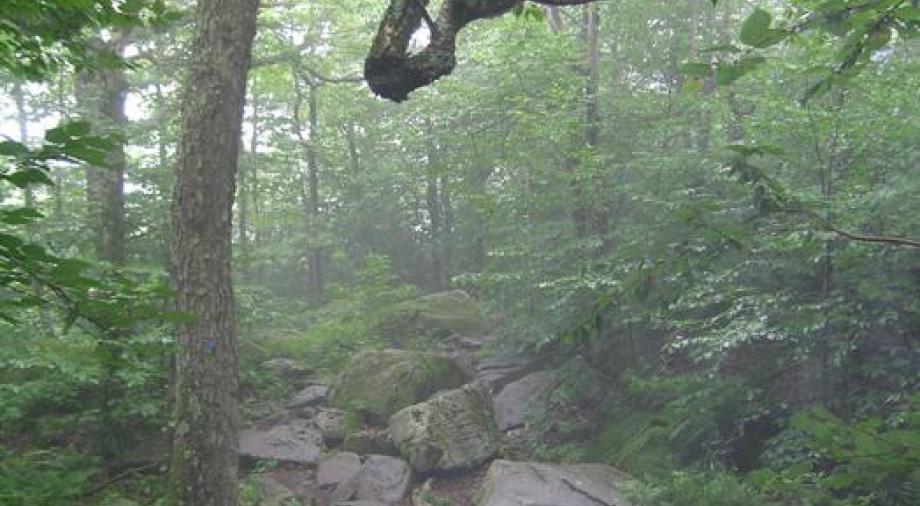
Intact Forests in the United States: Proforestation Mitigates Climate Change and Serves the Greatest Good
- 1Emeritus Professor, The Fletcher School and Co-director Global Development and Environment Institute, Tufts University, Medford, MA, United States
- 2Vernon Roosa Professor of Applied Science, Trinity College, Hartford, CT, United States
- 3Charles Bullard Fellow in Forest Research, Harvard Forest, Petersham, MA, United States
- 4Senior Ecologist, Highstead Foundation, Redding, CT, United States
Our assessment on the climate and biodiversity value of natural forests and proforestation aligns directly with a recent report that pinpointed “stable forests” – those not already significantly disturbed or at significant risk – as playing an outsized role as a climate solution due to their carbon sequestration and storage capabilities (Funk et al., 2019).
In sum, proforestation provides the most effective solution to dual global crises—climate change and biodiversity loss. It is the only practical, rapid, economical, and effective means for atmospheric carbon dioxide removal among the multiple options that have been proposed because it removes more atmospheric carbon dioxide in the immediate future and continues to sequester it long-term. Proforestation will increase the diversity of many groups of organisms and provide numerous additional and important ecosystem services (Lutz et al., 2018). While multiple strategies will be needed to address global environmental crises, proforestation is a very low-cost option for increasing carbon sequestration that does not require additional land beyond what is already forested and provides new forest related jobs and opportunities along with a wide array of quantifiable ecosystem services, including human health.
https://www.frontiersin.org/articles/10.3389/ffgc.2019.00027/full
 William R. Moomaw
William R. Moomaw Susan A. Masino
Susan A. Masino Edward K. Faison
Edward K. Faison